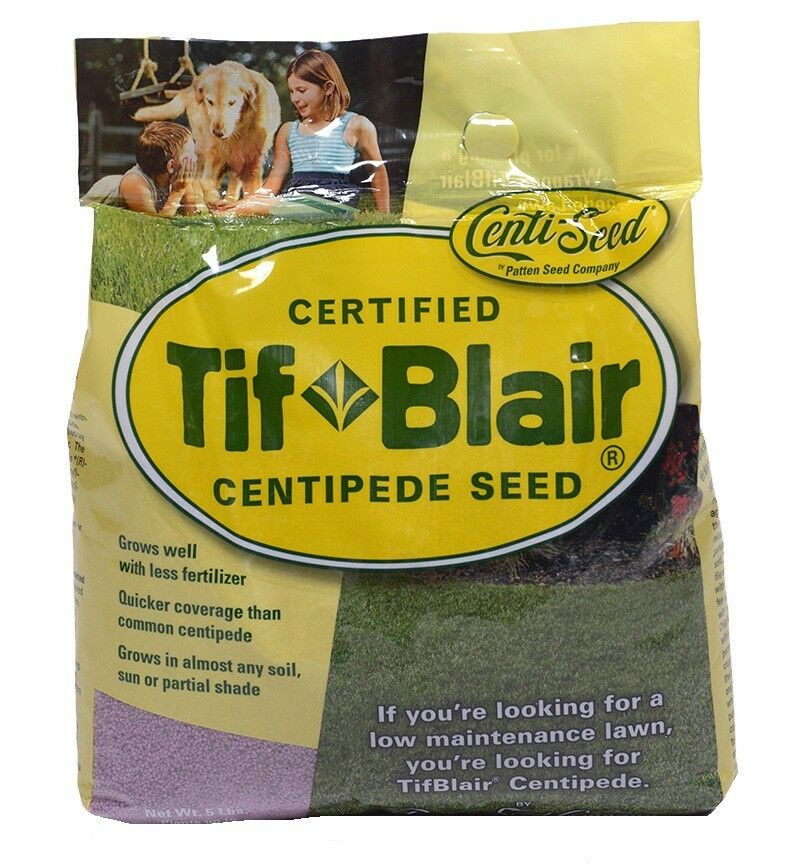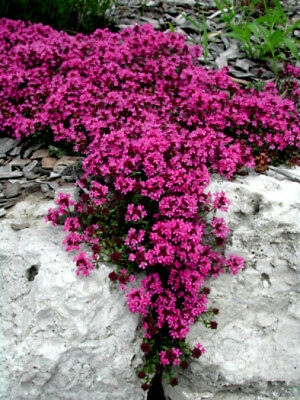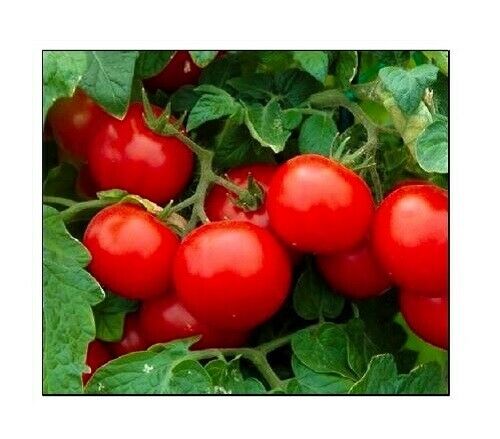-40%
Poppy LILAC POMPOM Somniferum Edible Seeds Fall Planting USA Non-GMO 500 Seeds!
$ 2.1
- Description
- Size Guide
Description
Poppy LILAC POMPON Papaver EDIBLE Seeds Great for Baking or plant will re-seed and you'll have more next year! Whimsical Lilac Blooms Non-GMO 500 SeedsFresh – No Filler – Pure Seed – Non-GMO
PRODUCT DESCRIPTION
Annual; Whimsical, unique blooms!
Recommended for USDA Zones 3-8
Poppy seeds need to be cold stratified to germinate. Learn how to cold stratify your seed below.
Unlike any other poppy you will see, Lilac Pompom is a fun, fabulous variety that reminds us why we garden!
Light, fluffy, fringed petals adorn semi-tall stalks. Lilac petals contrast nicely above blue-grey foliage to create a truly stunning flower.
FAST FACTS
Name: Poppy Seeds - Lilac Pompom
Botanical Name: Papaver somniferum
Life Cycle: Annual
Light Requirement: Full Sun, Partial Sun
Planting Season: Spring
Plant Type: Tall green stems with pale purple puffy blossoms
Features: Open Pollinated, Attracts Pollinators, Drought Tolerant, Container Garden, Easy to Grow & Maintain
Color: Purple
Blooms: Summer
Plant Height: Up to 40 inches
Plant Spacing: 6-8 inches
Planting Depth: 1/16 inch
Sowing Method: Start Indoors, Direct Sow
Cold Stratification: Yes
Hardiness Zones: 3, 4, 5, 6, 7, 8, 9
Ships: Year Round
Advantages of this mix
Easy To Grow, Attract Butterflies, Attract Birds, Bee Friendly, Low Maintenance, Good For Cut Flowers, Extended Bloom Time (more than 4 weeks), Great For Mass Plantings, Multiplies / Naturalizes
Zones 3 – 10
Easy To Grow
Attract Butterflies
Attract Birds
Bee Friendly
Low Maintenance
Good For Cut Flowers
Extended Bloom Time (more than 4 weeks)
Great For Mass Plantings
Multiplies / Naturalizes
Light Requirements
Full Sun
Half Sun / Half Shade
PLANTING GUIDE: POPPIES
PLANTING GUIDE: POPPIES
Quite possibly the most popular wildflower in America, poppies deserve a rightful place in every garden, wildflower meadow and pasture. Offered in a delightfully surprising range of colors and growth habits, poppies grace their locations with great charisma. Even their name is suitably evocative!
Growing Poppies in Your Garden
The true poppies are Papaver, of which we carry 15+ varieties, including annuals, biennials and perennials, such as the poppy Papaver somniferum; the common poppy, Papaver rhoeas, and the large flowered herbaceous P. oriental, the Oriental poppy. But there is also the Eschscholzia californica family and we carry many of those varieties.
Poppy blooms may be single, double or semi double boasting amazing texture and size.
Their flower colors range from vibrant to subdued – from deepest crimson, bright orange and yellow to soft pink, dusty peach, rose, lilac, and cream. Soft smooth petals or textured crepe paper ruffles all combine to create a flower that will match or blend any garden’s theme.
When & How to Plant Poppy Seeds
Poppy seeds need to be cold stratified to germinate. Learn how to cold stratify your seed below.
Poppies are not easy to transplant and actually do not fare well if their roots are disturbed, so starting them indoors is not recommended. Directly sow poppies outdoors in early spring even if threat of frost still exists. Poppies are frost tolerant and germinate best in cool weather and soil, sow your poppy seeds as early as the ground can be worked. If you are gardening in zones 8-10, plant your poppy seeds in December & January and they will bloom for you the following spring.
Poppies bloom profusely under cool growing conditions. They are known for self-sowing, sometimes with abandon, and you may find seedlings popping up all around the garden bed. They are not invasive and the seedlings are easy to pull up if they land in unwanted places.
Growing Guide
Select a site in full sun, one that receives at least six hours of direct sun daily. In warm climates, plants do best with some protective shade at midday. Poppies grow in almost any kind of soil with good drainage. They do not mind a high soil temperature and a minimum supply of moisture in the soil.
Because poppy seeds are so small, mix the seeds with some sandbox sand to help you distribute the seeds evenly. The light-colored sand will also act as a marker on the soil surface of where you have planted the poppy seeds and where you haven’t. Poppies germinate best with some light so do not bury the seeds. Cover them with a very thin layer of fine soil or just press them into the soil by stepping on them for smaller jobs and using a weighted roller for bigger jobs.
Keep the soil moist but not soggy until seeds germinate. If the soil temperature is at least 55 F expect germination in 10-15 days.
Possible Problems
Poppies can thrive for years in poor, neglected areas like an unkempt side yard while other times they simply won’t take, no matter how hard you try.
Keep them moderately well watered in hot, dry weather, and do not fertilize.
Enjoy!
You will find that once you successfully plant poppies you will see more and more of them year after year. The seed is so small and fine that the slightest breeze can carry it from one part of the garden to the other…and another. The silvery leaves and lovely blooms appear as welcome surprises each spring.
Poppies are beautiful in your garden and many of us want to bring that beauty indoors. This can prove difficult because poppies can, at best, last 2 to 3 days as a cut flower. Sometimes, they wilt right away. If you would like to use them as a cut flower, consider arranging them with some sturdier flowers or greenery to help keep their stems upright.
COLD STRATIFICATION
HOW TO COLD STRATIFY SEEDS
Everyone wants plants. Now. But there are a small group of seeds that require a special treatment before they will even germinate in a climate that has temperatures below freezing. This process is called “Cold Stratification.” There are two ways to accomplish this.
Fall Planting
If time is not a problem, you can put them in the ground in fall and let them go through a winter. They will sprout next year, but not flower. The following year, having gone through two winters, they will return and bloom as expected.
If you are planting poppies direct sowing is recommended in late fall or early spring for zones 2-8
Create a "False Winter"
The second way to do this, if you want to save time, is to create a “false winter.” What this does is trick the seeds into thinking they have been in the ground for an entire year. All they need is to be in your refrigerator for at least 2 ½ months.
About 3 months before spring, place seeds in a plastic bag with a handful of slightly dampened, clean peat, paper towel, or a mix of clean peat and sand.
Seal and label the bag with seed name and date, then store in the refrigerator (not freezer) for at least 2½ mos. before planting in spring. (The cold period mimics a full winter’s cold.)
Once your seed has been treated, it’s ready to plant when spring arrives.
SEED STORING
Store your seeds in a cool, dry and dark location.
Most seeds have a long shelf life at least two years, but heat and moisture will cut that life short.
Dedicate a drawer or cabinet to storing your seeds where you can also house your gardening journal close at hand for dreaming, planning and preparing.
WE SHIP FAST & FREE!
Your orders ship the next business date after payment via US mail.
NO TRACKING.
You can add TRACKING for .50 additional (see shipping charges).
ORDER + in the same day and we will ship in a Padded Envelope with a 50+ Seed Wildflower Gift Pack (500mg)
ORDER + in the same day and we will ship in a First Class Package with TRACKING and two 50+ Seed Wildflower Gift Packs (500mg each)
CUSTOMER SERVICE
We will leave feedback for you within 48 hours of payment!
Leaving Feedback for your seller. eBay guidelines:
When you receive your seeds please leave a positive for us.
If you have any problem at all no need to leave neutral or negative – message me and we will fix it!
What should I consider before rating a seller's performance?
In general, here's what you should be thinking about when leaving Feedback for a seller:
Did you get what you were expecting, based on the item description?
Was the item packaged appropriately (to prevent damage during shipping)?
Did the seller ship the item within the timeframe indicated in the listing? (Remember that USPS is experiencing delays due to Covid.)
Were the shipping and handling costs reasonable? They are FREE!
If you communicated with the seller, were your questions or concerns addressed?
Did the seller respond within a reasonable amount of time?
Before you consider leaving a negative give the seller a chance to fix the problem. Negative Feedback directly impacts their business.
If you don’t get your item within 10 working days message me directly. You do not need to do an Ebay claim – just message. Give me 48 hours to answer please and I will refund or reship.
Please read the planting instructions! Some seeds require cold stratification. Some Perennials probably will not bloom until the 2nd year.
Your success and happiness is our success and happiness!
30 Day Return Policy
If you need to return your item, we have a 30 day return policy. Please return it in the same condition it was received.

















